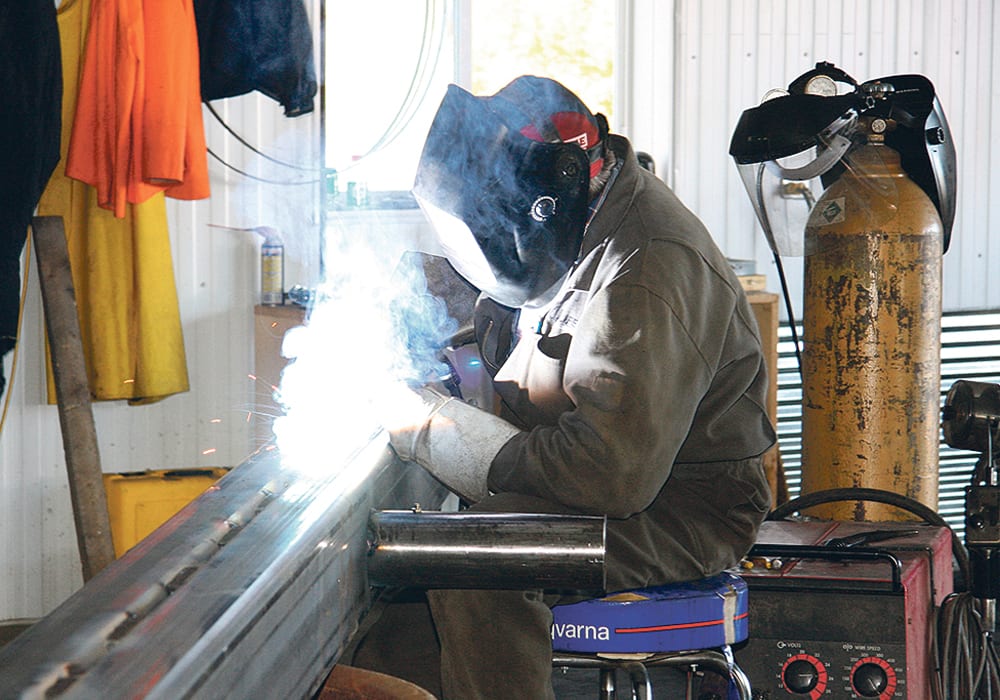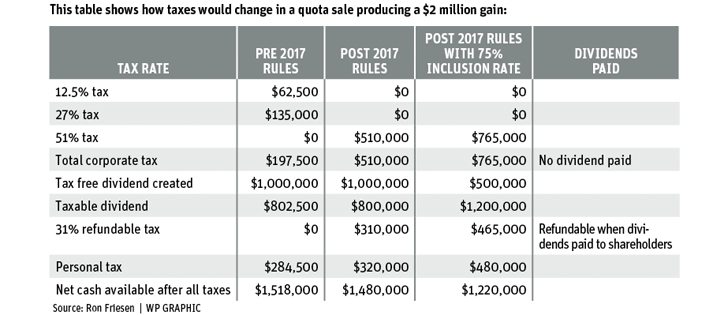When transferring a business, especially a farm business, management transition is often the most challenging part between incoming and outgoing generations.
Families often struggle with the change in roles and responsibilities and the giving up of control. The claim that tasks are often “not done the right way” is a common cry from those with the most experience. On the other hand, those with the most experience, say the father, may also face a degree of criticism as he holds true to the methods that have served him well throughout the years.
Read Also

Proactive approach best bet with looming catastrophes
The Pan-Canadian Action Plan on African swine fever has been developed to avoid the worst case scenario — a total loss ofmarket access.
In fairness to him, if we have a successful business to transfer, he obviously has done more than a few things right.
There is always lots of work to do on the farm, so it’s easy to get the next generation into the business. But for the business to succeed long-term, it is equally critical to start to reduce the time and energy of the outgoing generation (at their wishes, of course), which helps lessen the burden of operating a small business on them. If this can be achieved effectively, while both generations are involved in the farm, it creates an amazing opportunity for learning and mentorship. The key to this is not how things are done because two people cannot perform the same task the same way, but that there is a clear understanding of what the desired outcome is and enough freedom for everyone involved.
I was reminded of this principle this summer. Mowing the grass at my house requires two tasks: mowing and using the trimmer. Most of the time, I perform both tasks myself, which I don’t mind, but it takes time.
My daughter has started helping me on occasion. The way that she cuts the grass does not look anything like how I cut it. The lines are not always straight, she doesn’t get close enough to the trees or edges and she cuts around the eavestrough spouts instead of lifting them, which drives me crazy. But, she doesn’t leave uncut portions in the middle of the yard, which is essential. It means that I have more work to do with the trimmer around the trees, eavestroughs and other obstacles, which takes me more time. The thing is though, because of her help, the total time I have invested in mowing the grass is still far less and if you drove by my house, you wouldn’t notice any difference.
For farm transition the same principle applies. The outcome is important, but in most tasks we get hung up on the how versus the what. At the end of the day, if the outcome is the same and it freed up someone’s time to do something else, then is this not a major win and a step forward in the transition of business tasks?
With each task, there should be clear outcome, and a very short list of to-dos about process. I would like straight lines in my grass, but as long as there aren’t uncut patches all over the lawn that don’t require me to redo the work, then it really doesn’t matter.
It also doesn’t matter that it takes her more time than it takes me, but it is significant because my time spent on cutting grass overall is less. In a few more years, she’ll take over the whole thing. I’m looking forward to that.
As the harvest season winds down and winter planning season beings, start to think about tasks you would like to take on, or give up. Also, think about what you might do with your free time this winter. Happy planning.
Peter Manness is a farm management consultant with MNP in Brandon. Email him at peter.manness@mnp.ca or follow him on Twitter or LinkedIn.

















